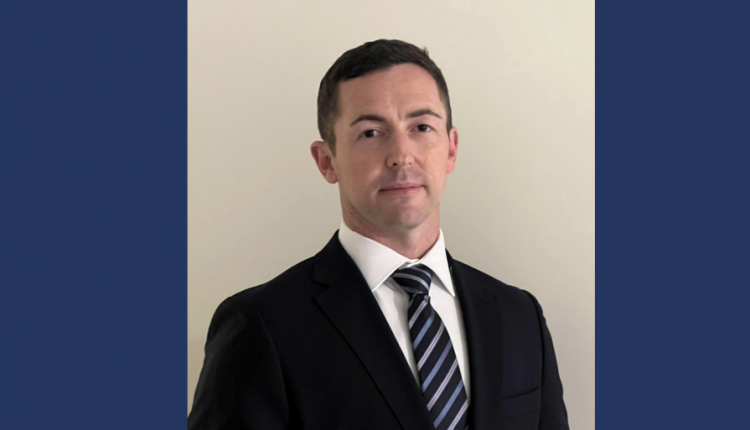Climate Change, Gender, Private Sector Development Among Priorities for New ADB Regional Director in Fiji
SUVA — Aaron Batten has assumed office as Regional Director of the Asian Development Bank’s (ADB) Pacific Subregional Office (SPSO) in Suva, where he will oversee the delivery of financing and knowledge solutions in the Cook Islands, Fiji, Kiribati, Niue, Samoa, Tonga, and Tuvalu.
“Supporting the recovery from the COVID-19 pandemic while accelerating gender equality and climate change mitigation and adaptation will be top priorities for ADB in SPSO countries,” said Mr. Batten. “ADB will support government efforts to improve the business environment and promote private sector investment, especially in climate-resilient infrastructure.”
Many countries in which SPSO works rely heavily on tourism, and a return to the strong growth in inbound tourism before the pandemic will be critical for rebuilding their economies and job creation. Safeguarding health systems, resuming safe travel, strengthening economic management, and promoting fiscal sustainability will be key as the Pacific region gradually reopens borders.
Under the guidance of ADB’s Pacific Approach, 2021–2025 and the Fiji Country Partnership Strategy, 2019–2023, ADB is working with governments to help build a more resilient Pacific. To build resilience, ADB will support climate-proofing across all of its infrastructure investments in the subregion and will support governments to strengthen disaster preparedness, including through the use of contingent financing schemes to quickly provide financial support in the wake of natural disasters and health emergencies. Enhancing partnerships and boosting aid coordination will continue to be focus areas.
Mr. Batten, a national of Australia, holds a doctoral degree in international and development economics from the Australian National University and has 18 years of development experience, including 11 years with ADB.
ADB is committed to achieving a prosperous, inclusive, resilient, and sustainable Asia and the Pacific, while sustaining its efforts to eradicate extreme poverty. Established in 1966, it is owned by 68 members—49 from the region.


Comments are closed.